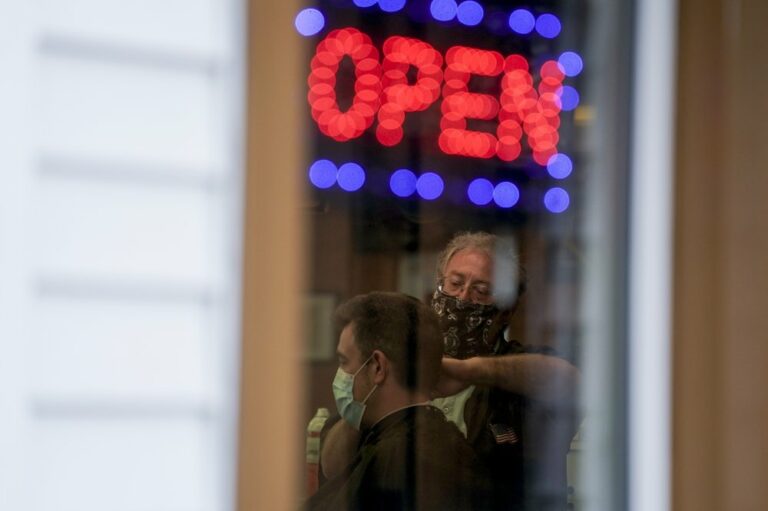Since the beginning of the government’s more loosening of the regulations set up to protect against COVID-19, nearly 170,000 Israelis have begun working once again. The number seems large, but compared to the number of people who lost their jobs or were put on unpaid leave it is quite small.
Close to 1.2 million Israelis found themselves without work due to the regulations enforced surrounding the Coronavirus. These workers make up one-quarter of the entirety of the Israeli workforce. The government stepped in and the Labor Office set up unemployment payments to all of these workers.
However, even with the regulations lightning and people going out more, 1,237 people registered for unemployment since Thursday. That compared with 10,687 people who confirmed that they have returned to work is still a very worrying number.
According to the most recent report from the Ministry of Labor and Social Services, it is expected that between 300,000 to 400,000 Israelis who were laid off or put on unpaid leave will never go back to their old jobs, even after the government removes all restrictions from the population.
While the Treasury and the Bank of Israel, together with members of the Prime Minister’s Office have put forth an incentive plan to encourage employers to take back their old employees who were put on Unpaid leave, (close to 7,000 NIS per employee) it is still expected that many will simply not be offered their old jobs back and that many jobs will simply not exist. The city of Eilat was hit the hardest as the majority of employees in the city work in the tourism industry. At one point Eilat registered 70 percent unemployment for the entire population.
Also according to the report, close to 15 percent of restaurants will not reopen after the Coronavirus restrictions are lifted, thus all of their employees will be seeking other jobs.
(YWN Israel Desk – Jerusalem)











